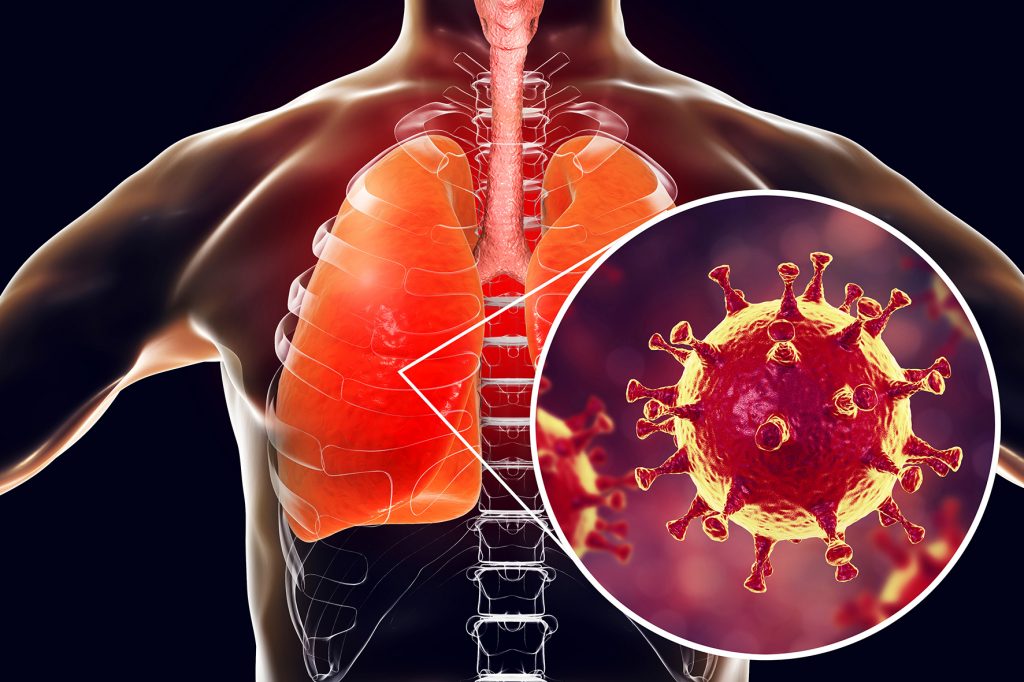Second Case of Middle East Respiratory Syndrome Coronavirus (MERS-CoV) Reported in Malaysia

The National IHR Focal Point of Malaysia reported a case of Middle East Respiratory Syndrome Coronavirus (MERS-CoV) on 2 January 2018.1 The patient was a 55-year-old male residing in Malaysia who travelled as part of a pilgrimage group to the Kingdom of Saudi Arabia from 13-23 December 2017. He developed symptoms on 24 December 2017 and was hospitalized in Malaysia. The World Health Organization (WHO) reported that the patient has improved and was asymptomatic as of publication of this article.1 This is the second case of MERS-CoV in Malaysia. The first case was reported in April 2014.2
MERS is a respiratory disease caused by a novel coronavirus (MERS‐CoV) – first identified in Saudi Arabia in 2012.3 Symptoms of MERS can be non-specific, including fever, cough, and shortness of breath. Some laboratory-confirmed cases of MERS-CoV are asymptomatic and were only detected through rigorous contact tracing from a confirmed case.4 On the other hand, high-risk individuals may present with Severe Acute Respiratory Syndrome (SARS). According to the WHO, people with diabetes, renal failure, chronic lung disease and those who are immunocompromised are considered high risk for severe disease.4
The current reported case in Malaysia may be associated with exposure to dromedary camels.1 During a visit at a camel farm in Riyadh on 20 December 2017, the patient drank unpasteurized camel milk and had direct contact with a camel. There is mounting evidence that dromedary camels serve as a reservoir host for MERS-CoV.8 The exact sources and methods of zoonotic transmission need to be further elucidated.8
According to the New Straits Times, the Malaysian Ministry of Health monitored 75 individuals who have had close contact with the case. 9 These included family members, umrah pilgrims in the same group, healthcare professionals and close airline contacts in the same flight back to Malaysia on 23 December 2017. Of the 75 individuals, 59 were placed under home surveillance for 14 days; laboratory samples taken from the close contacts tested negative for MERS-CoV.9
“Just like the first MERS-CoV case in the country in 2014, the second case also showed that the disease did not spread to other individuals. The ministry hereby declares that the MERS-CoV infection, which was reported on Jan 1, had ended,” proclaimed director-general Datuk Dr Noor Hisham Abdullah on 23 January 2018.9
As of April 2018, the WHO has been notified of 2,144 laboratory-confirmed cases of MERS-CoV infection.5 Approximately 35% of the patients have died.5 Human-to-human transmission of MERS-CoV is spread through close contact. Majority have been attributed to infections in healthcare settings.1 The largest outbreaks have been reported from Saudi Arabia, United Arab Emirates and the Republic of Korea,6,7 with patient zero/index case identified as residents of, or travellers returning from the Arabian Peninsula.
References:
- WHO. Middle East respiratory syndrome coronavirus (MERS-CoV) – Malaysia. Disease Outbreak News. 8 January 2018. Available at http://www.who.int/csr/don/08-january-2018-mers-cov-malaysia/en/. Accessed 18 April 2018.
- Lee Yen Mun. Johor man first person in Asia to succumb to MERS. The Star Online. 16 April 2014. Available at https://www.thestar.com.my/news/nation/2014/04/16/mers-detected-in-malaysia/. Accessed 18 April 2018.
- Rasmussen SA, et al. Middle East Respiratory Syndrome (MERS). Microbiol Spectr. 2016 Jun;4(3)
- WHO. MERS-CoV Fact Sheet. Available at http://www.who.int/mediacentre/factsheets/mers-cov/en/. Accessed 18 April 2018.
- WHO. http://www.who.int/emergencies/mers-cov/en/ Accessed 18 April 2018.
- Darling ND, et al. Retrospective, epidemiological cluster analysis of the Middle East respiratory syndrome coronavirus (MERS-CoV) epidemic using open source data. Epidemiol Infect. 2017 Nov;145(15):3106-3114.
- Kim K and Jung K. Dynamics of Interorganizational Public Health Emergency Management Networks: Following the 2015 MERS Response in South Korea. Asia Pac J Public Health. 2018 Mar 1:1010539518762847
- Harrath R and Duhier FMA. Sero-prevalence of Middle East Respiratory Syndrome Coronavirus (MERS-CoV) specific antibodies in Dromedary Camels in Tabuk, Saudi Arabia. J Med Virol. 2018 Apr 16.
- Fairuz Mohd Shahar. Malaysia free of MERS-CoV infection. New Straits Times. 23 Jan 2018. Available at https://www.nst.com.my/news/nation/2018/01/328059/malaysia-free-mers-cov-infection. Accessed 18 April 2018.










